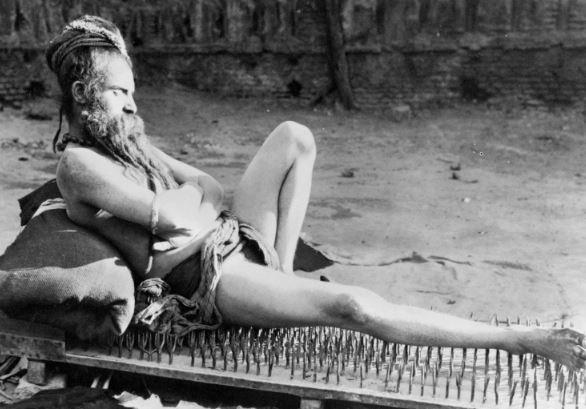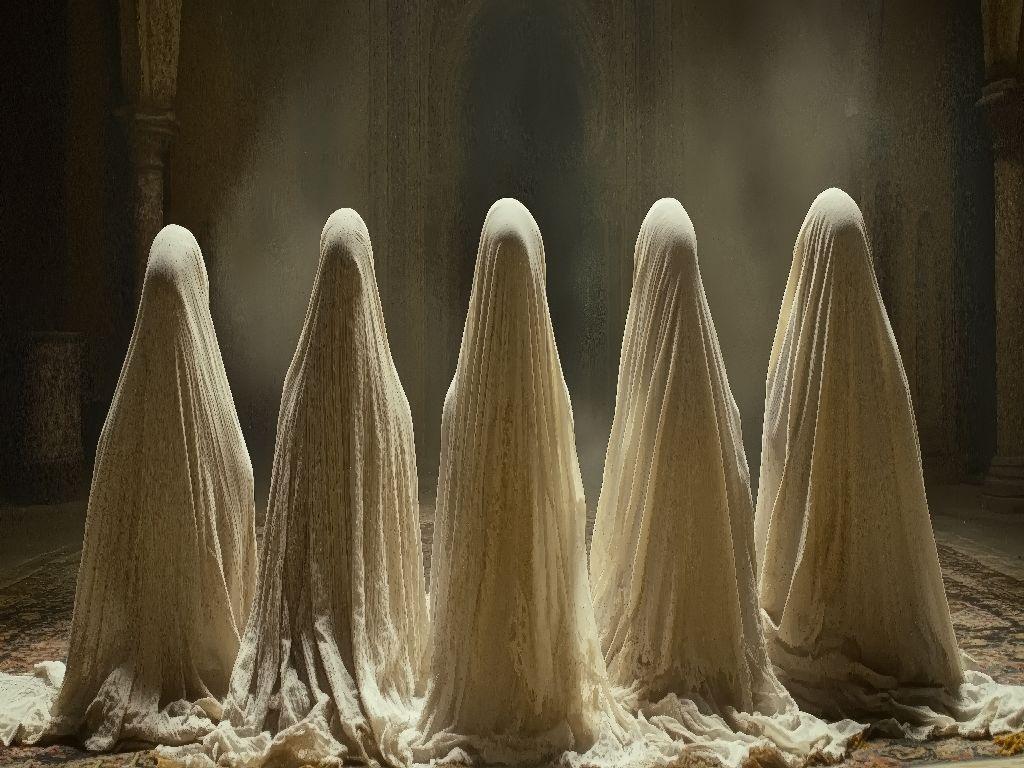Fakir

Fakir
Spirituality / Asceticism / Sufism / Popular Culture
Definition:
A fakir (Arabic: فقير faqīr, meaning “poor one”) originally refers to a Muslim ascetic or mystic, especially in Sufism, who seeks closeness to God through spiritual poverty, devotion, and self-denial. In Western contexts, the term often refers to performers of extreme physical feats, such as lying on nails, walking on fire, or piercing their bodies.
Religious and Cultural Origin:
-
In Sufism, a faqīr is someone who renounces the ego and worldly attachments to live in spiritual poverty before God
-
The word “poor” refers to spiritual humility, not just material lack
-
Fakirs are often part of Sufi brotherhoods (e.g., Qadiriyya, Chishtiyya)
Characteristics of True Fakirs:
-
Practice dhikr (remembrance of God), fasting, meditation, and austerity
-
Often serve as wandering preachers, healers, or recluses
-
Live in voluntary poverty, focusing on inner purification
Western Interpretation / Pop Culture:
-
Introduced to the West through travel literature, colonial accounts, and circuses
-
Often portrayed primarily as performers of extreme physical endurance, e.g.:
-
Sleeping on beds of nails
-
Skin-piercing acts
-
Firewalking or pain resistance
-
-
These depictions often ignore the spiritual roots and emphasize the spectacle
Symbolism and Meaning:
-
In its true form, the fakir represents detachment, spiritual strength, and union with the divine
-
In modern esoteric thought, also seen as a symbol of self-mastery, altered consciousness, and transcendence of physical limits
Links:




